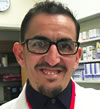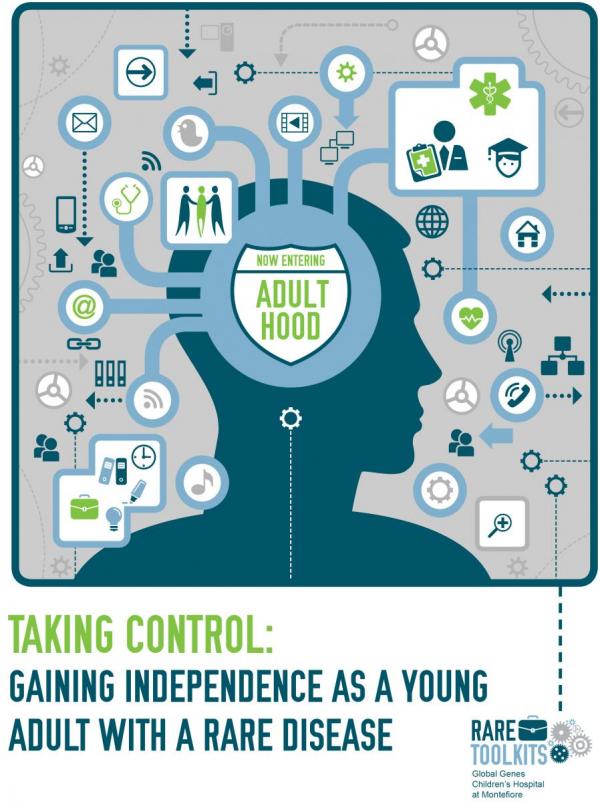Community Spotlight: The College Experience
debra of America asked five young adults with Epidermolysis Bullosa about their experiences attending college. Read on for their honest and inspiring responses to balancing care, a social life, and higher education.
 Ariana – Sophomore, California State University
Ariana – Sophomore, California State University
“What made me want to further my education was my desire to become something in life instead of staying at home doing nothing. All my high school friends were applying to colleges and universities, so I thought, why not?”
Madeline – Medical Student, Loyola University of Chicago-Stritch School of Medicine 
“Even though it is incredibly intimidating to talk about EB to other folks sometimes, if you are able to push yourself to pause and explain upfront/right away, I feel that that makes all of the difference. This goes for professors, friends, advisers, etc.”
 Mohamed – Pharmacology Degree Graduate, University of Al-Mergib
Mohamed – Pharmacology Degree Graduate, University of Al-Mergib
“For me, I was always interested in medical fields due to EB. I was debating between medical school and pharmacy school. I had decided to choose pharmacy school believing that would fits my interests and will help me understand drugs and their effects better since we all know that people with EB take a lot of meds.”
Lucy - University of St. Andrews
“I had always known it was something I wanted to do even as a child. I knew that my intellect and ability to learn were some of the only things EB couldn’t touch, and I decided to see how far that could take me.”
 Rachel - Ohio State University
Rachel - Ohio State University
“When I was choosing a college, the thing that I was most concerned about was finding a college that would be handicapped accessible. I needed to find a college where I would be able to get around on my own, and I needed a college where I would be able to accomplish things on my own.”
Accommodations
Visit your prospective college’s Office of Students with Disabilities to learn more about how the school can help.
Examples of Academic Accommodations in College:
- Extended test taking time
- Having a note taker
- Recording a lecture class
- Having preferred seating
- Being able to take short breaks during lecture to alleviate symptoms
- Allowing extra time to get to class (for mobility)
- Having an accommodation for absences due to documented disability (such as chronic illness)
- Extensions on assignments
- No penalty for in class spelling errors
- Extended time on assignments when student communicates need to instructor





